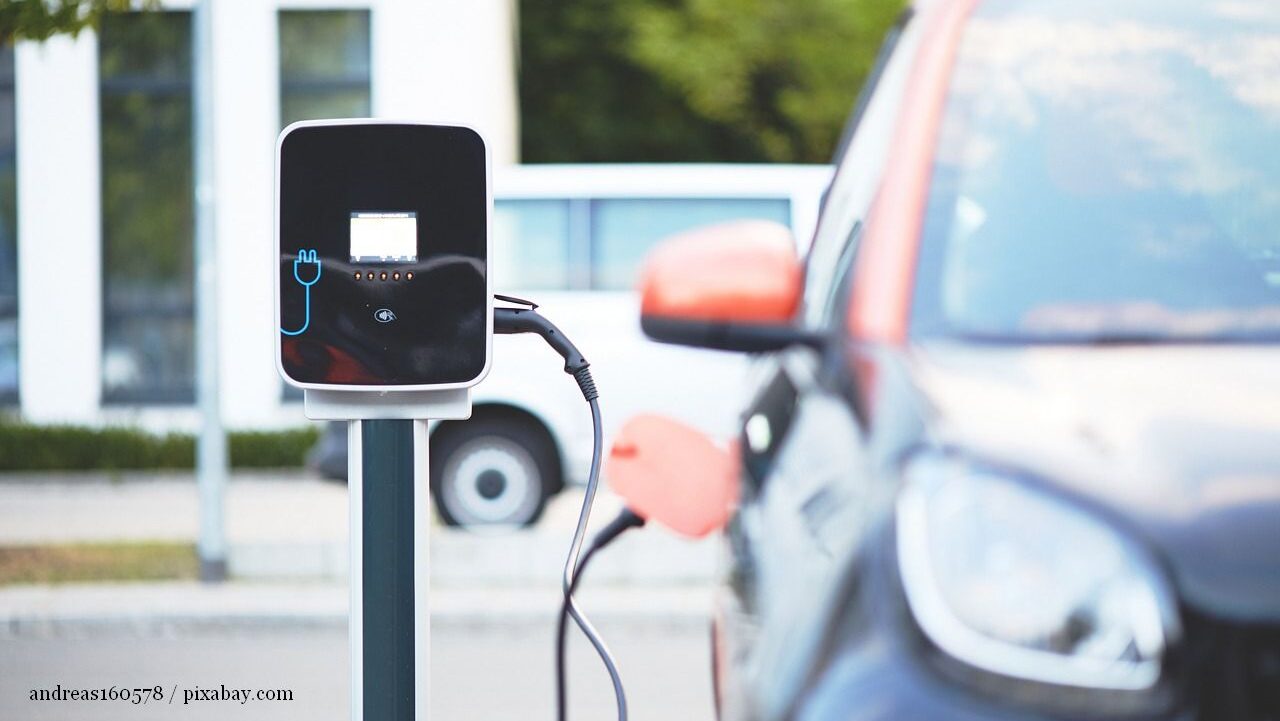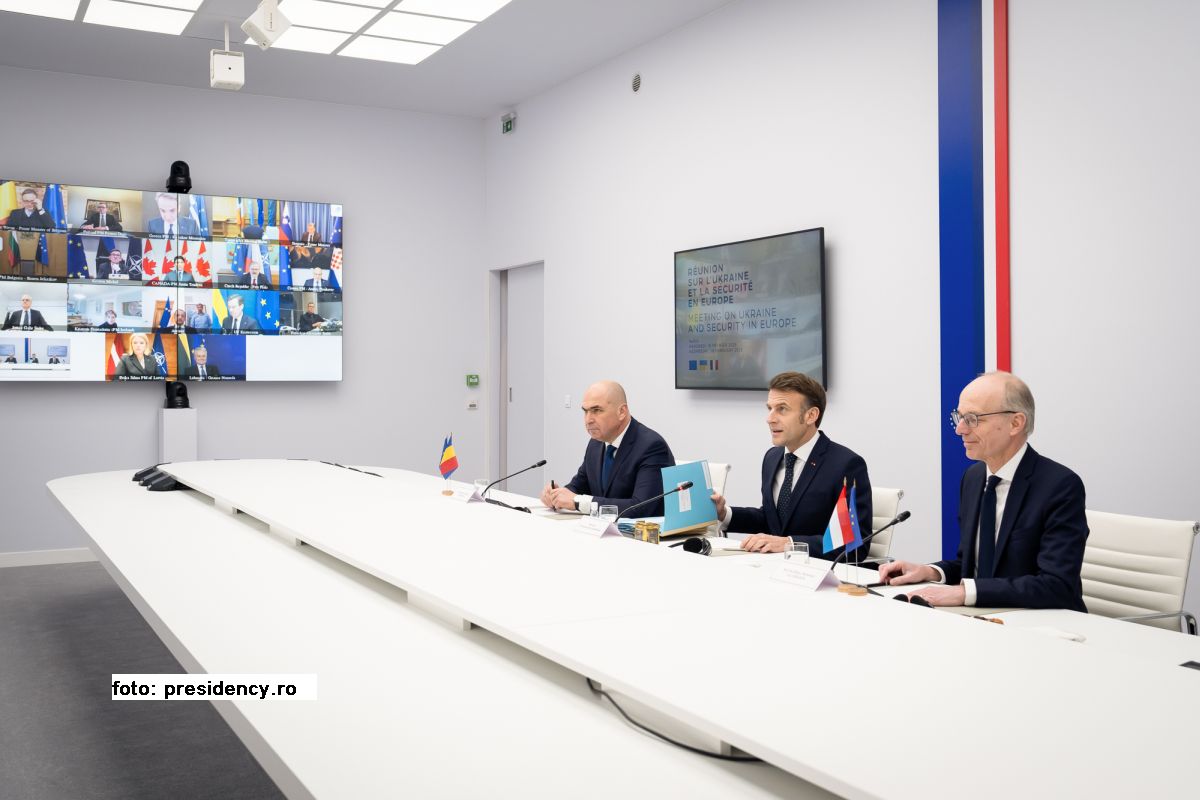World Radio Day 2016
Radio has always had an educational
purpose, also serving as a platform for an exchange of ideas about
subjects that people are interested in. Radio can also save lives in the event
of natural disasters and armed conflicts. World Radio Day has been celebrated
on the 13th of February since 2012.

Ștefan Baciu, 13.02.2016, 12:52
Radio has always had an educational
purpose, also serving as a platform for an exchange of ideas about
subjects that people are interested in. Radio can also save lives in the event
of natural disasters and armed conflicts. World Radio Day has been celebrated
on the 13th of February since 2012.
The theme this year is Radio in
Times of Emergency and Disaster. The event’s website (http://www.diamundialradio.org/)
contains examples of how radio can be used as an effective means of
communication in areas affected by conflict or disaster. One such example
refers to the role played by radio in the effort to contain the Ebola epidemic
in Africa, while another looks at the contribution of school radio stations in
the wake of disastrous floods in northern Chile in 2015. Radio Sarajevo was yet
another example of how important radio can be in times of conflict, as shown
during the siege of Sarajevo at the time of the conflict in the former Yugoslavia.
Philippe Marsan from France, who listens to Radio Romania International’s
broadcast in French, wrote in to say: Radio is such as a beautiful
invention! During the First World War, the then brand new wireless telegraphy
devices were used in the trenches, under enemy fire. This new way of
cooperation was used for information, to provide details about rescue
operations and to deliver battle orders. Radio appeared soon afterwards, first
broadcasting on long wavelengths and later on medium wavelengths. Short
wavelengths were soon also discovered, which could travel long distances. Radio
would win over the masses. More recently, during the Bosnian war, people did
not have access to the Internet or the telephone. So radio broadcasting was
again used to inform, warn and save lives. In France, the Civil Protection
Office and other bodies conducting rescue operations have their own radio
broadcasting networks.
David Iurescia from Argentina,
listens to Radio Romania International’s broadcast in Spanish. Here’s an
excerpt from his World Radio Day entry: Radio has lost none of its
powers. In times likes these, when military conflicts are taking place in
countries like Syria and Iraq, countries whose infrastructure has been
destroyed, the only means of communication and information available to the
local population is radio, in particular short-wave broadcasts. In recent
weeks, we have seen the outbreak of a serious epidemic that might become a
global problem, caused by the Zika virus. And what is the best means to reach
everybody, especially the people who live in rural areas, in isolated villages,
to inform them on the prevention and symptoms, on what this virus may cause?
Without doubt, it is radio. It has saved thousands of lives and will certainly continue
to do so.
In his turn, MEP Victor
Bostinaru also talked about the role of radio in times of emergency and
disaster: Probably radio has always
been the most direct connection with conflict areas, with disaster-hit zones,
with places where major crises have occurred, on the one hand because it is the
simplest means, from a technical point of view, and it does not require very
complex logistics. On the other hand, radio reporters have always been very
brave and professional people, highly committed to their profession, people who
often face great danger and who have sometimes lost their lives, but who go to
where serious things happen and report in real time.
In this context, our English
Service listener Mikio Kohara, from Osaka, Japan, told us about the response of
the Japanese authorities in a major crisis: 21 years ago, early on January
17, 1995, in Hyogo Prefecture, in the middle of Japan, a big earthquake took
place, the Great Hanshin-Awaji Earthquake. Its magnitude was 7.3. Lifelines
such as roads, electricity, railways, water, gas and telephone were no longer
operational at all. 6,434 people died. Many people were forced to live in parks
and schools. One month later, Hyogo Prefecture launched ‘Disaster FM’
broadcasting station, airing information on the safety of victims and the
evacuees. It broadcast for 45 days, with 67 volunteers taking part. This
demonstrates the power of FM stations and effectiveness in case of disaster. A
similar radio station was launched on March 11, 2011, after the Great East
Japan Earthquake. Radio is close to people, is a valid mass media at times of
disaster and emergency.
Apart from the role of radio in
case of emergency and disaster, MEP Victor Bostinaru also warned on the issue
of freedom of speech in relation to the radio stations broadcasting to conflict
areas:Radio, and mass media in general, are a
two-edged sword. They are means of communication, instruments for the correct
information when journalists are free, and they may be instruments of
manipulation and propaganda, even part of hybrid wars, as it has happened
recently, especially after the Ukraine crisis. It is a fact that in the
countries where freedom of speech is restricted, mass media become part of the
official propaganda and of the war that the state is waging either against its
own citizens, or against the targets of its aggression. Unfortunately, in 2016
freedom of speech and the journalists’ rights to exercise their profession are
dramatically questioned by these developments, from the Russian propaganda to
the propaganda of Daesh. So, mass media may also be a tool of war, not only of
communication and information.
Our English Service listener, Mahesh
Jain, shares a similar opinion: When all other means of communication
fail, radio remains the only option. A powerful quake struck Nepal recently and
all means of communication have failed. It was ham radio operators who managed
to establish a means of communication so as to send important messages. From my
point of view, there is another manmade disaster, when nations obstruct the
free flow of information and restrict citizens’ access to different opinions
and alternative points of view. The modern communication tools, such as
television and the Internet, are encrypted and it’s very easy for governments
to block citizens’ access to information. When this happens, the radio and
especially the short-wave radio, provides us with alternative viewpoints from
different countries. Short-wave radio helps us have a better understanding of
the world we live in. Radio brings the peoples of the world together and helps
restore harmony and solidarity in the world. So keep radio alive!
Paul Jamet, a listener to RRI’s French Service, says: Radio does more than just inform us. It educates and
encourages us when we deal with natural disasters or epidemics. It allows
rescuers to be more efficient, organise rescue operations and guide people. I
hope that this year’s celebration of World Radio Day will help us raise awareness
of the importance of radio in emergency situations. Radio saves lives, because
radio means life, it mirrors our lives.
According to a recent report by the European
Broadcasting Union (EBU), Europeans spend an average 4 months of their life on
Facebook and 9 years listening to the radio. Every week, 2.5 million Europeans
go to football matches of their domestic championships, while 420 millions
listen to the radio every week, some of them for the live broadcast of football
matches. The EBU report also says that 29% of the EU citizens trust their
national government, while twice as many, 58%, trust the radio.






























